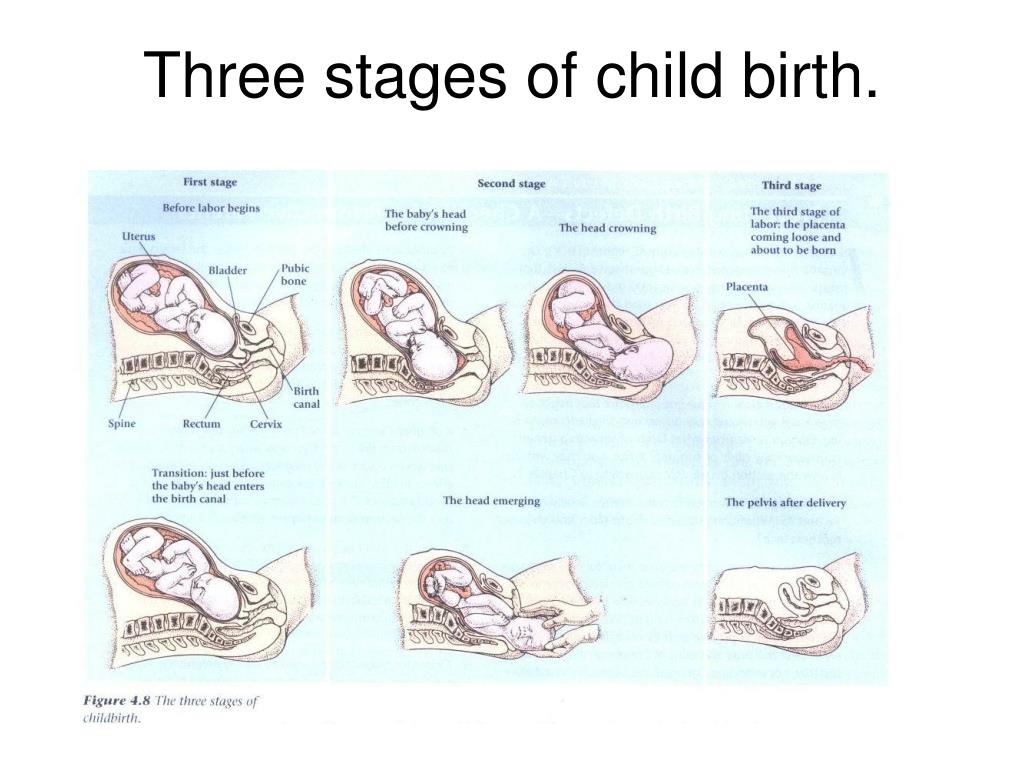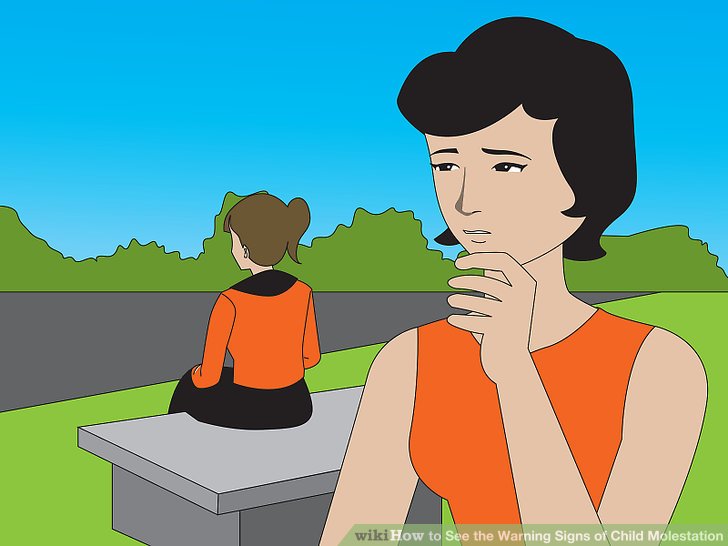How to tell a child their parents are separating
How to Tell Your Kids You’re Getting a Separation or Divorce
One of the most difficult, painful conversations you'll ever face is talking to your kids about your plan to divorce. When you know that you will be separating or divorcing, it’s important to talk to your kids before they hear it from someone else. Imagine how upsetting it would be to hear it from a friend or another adult! Children will probably remember this conversation, what you say, when and where they hear it. It would be best to work with your spouse to decide how you will inform them.
Plan together and agree on what you'll say.
Source: Burst/Pexels
1. Plan what you will say.
Protect your kids from your hurt or anger by planning (together) when, how, and what you will tell your kids. Plan to tell them on a day that allows for some family time, like a weekend. Don’t do it on a holiday or other special day, or just before school or bedtime. If it’s extremely difficult for you to speak with your spouse, or you can't agree on how you will do it, consider using the services of a mediator, divorce coach, or counselor to help you work out the details. Don’t blurt it out impulsively in an emotional moment. That definitely won’t go well!
2. Talk to your children together.
This might be hard, but it lets your kids know that you’re committed to working together as their parents. It’s also important that your children hear this news at the same time and directly from mom and dad; not from the sibling who heard it first. So if your kids are different ages, plan to share the basic information with all your kids together. Later you can follow-up with the older children during a separate conversation. If you can’t do it together because you are concerned about safety or conflict, then seek help in developing your plan.
3. Develop a non-blaming narrative.
Avoid the temptation to assign blame or say whose “fault” this is. You may feel that you want your children to know the “truth”—“Mom had an affair,” or “Dad is leaving us.” This will cause your children to feel caught in the middle, in a loyalty bind, and that isn’t healthy for them.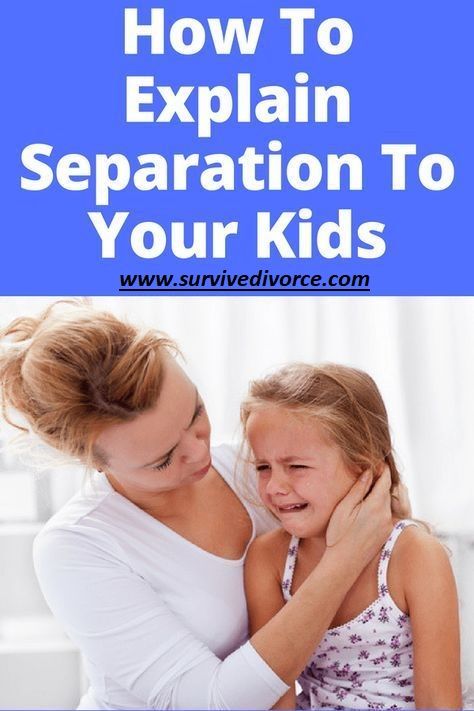 The “truth” is less important than providing the support and reassurance that your children need. To the extent that you can, use the “we” word when you’re explaining the decisions that have been made. “We aren’t happy together,” or “We both want our arguing to stop,” or “We have tried to work out our differences, but we haven’t been able to.”
The “truth” is less important than providing the support and reassurance that your children need. To the extent that you can, use the “we” word when you’re explaining the decisions that have been made. “We aren’t happy together,” or “We both want our arguing to stop,” or “We have tried to work out our differences, but we haven’t been able to.”
4. Tell your kids why this is happening.
It is not important, or even appropriate, that you provide specific details about why you are planning a divorce. However, your kids will want to know why this is happening. Older kids will press for information so that they can understand why their lives are going to change. So while you don’t want to share details of a personal nature, be prepared to give some type of general explanation without blame. “We hoped this would never happen but we can’t seem to fix our relationship.” “We both want different things in our lives.” “We like each other and want to be friends, but we don’t love each other anymore.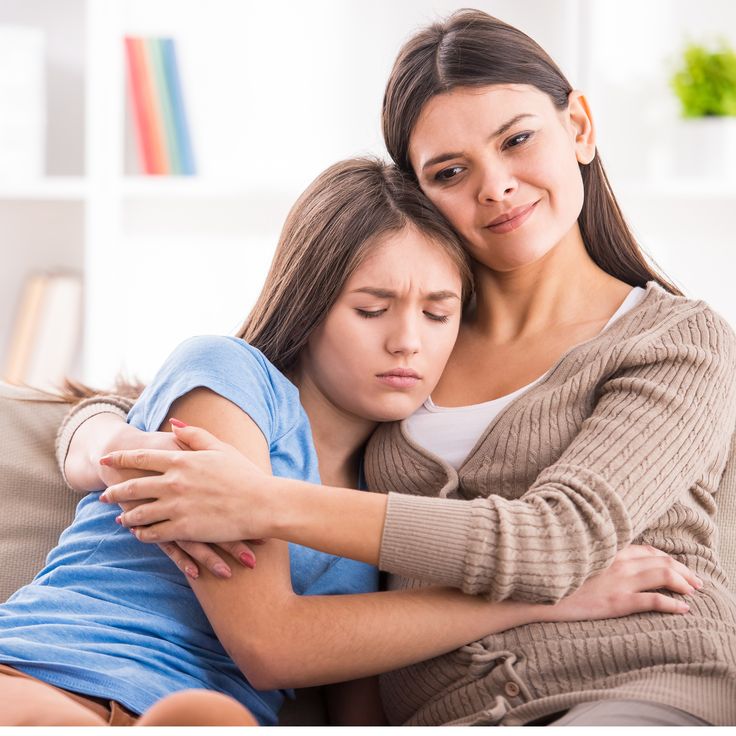 ” Remember that these are grown-up problems that your kids, even smart and mature kids, can't understand yet.
” Remember that these are grown-up problems that your kids, even smart and mature kids, can't understand yet.
If you have a plan or a schedule, share it with your kids now. If not, that's okay too.
Source: Bich Tran/Pexels
5. Tell your kids what will change and what will stay the same.
The most important thing kids want to know is how your divorce is going to affect their lives. Your kids will want to know where they’re going to live, with whom, and what about their lives is going to change. You can help your children to be prepared for these changes by being honest about what you know, and what you don’t know. If you and your spouse have settled on how you will share time with the kids, let them know the schedule. Reassure them about the things that will stay the same: their school, or friends, or sports, or other activities. Be sure to let them know that your love for them will never change. "Parents can divorce each other but they never divorce their kids. "
"
6. Tell your kids which parent will leave the home.
Unless you plan to nest, the more you can tell your kids about where the departing parent will be living and when they will be seeing him or her, the better. They’ll need to know, right away, that they will be able to maintain a quality relationship with both parents, even though they won’t be living under the same roof. “We are still a family, under two roofs.”
7. Reassurance is the key.
Your children will need lots of reassurance that the divorce is not their fault. Stress that nothing they did could have caused—or prevented—what is happening. Since there are a lot of unknowns at the start of a separation, don’t make promises you may not be able to keep. Don't promise that you'll never have to move, or that they will still go to sleep-away camp in the summer, unless you are certain. Instead, stick with the assurances you can make for the present time: “You will still go to your school,” or “You’ll still have Christmas and birthdays and sleepovers with your friends. ” Reassure them that it may be hard for a while but that "We will all be okay after we get used to the new arrangements."
” Reassure them that it may be hard for a while but that "We will all be okay after we get used to the new arrangements."
Whatever feelings your kids have—they're all normal.
Source: burak kostak/Pexels
8. Your kids’ reactions are completely normal.
The news may (or may not) be completely unexpected and will certainly change their lives. Try to be as understanding of no reaction—which is actually a reaction—as you would be if they were in tears or extremely angry. Your children may not know how to express their intense emotions. They may be overwhelmed and shut down. It may be some time before they can express their feelings. If you are calm when you tell your children, they will have less anxiety and are more likely to anticipate that they will be ok. However, it is fine for the children to see you upset or cry, as it gives them "permission" to have feelings too. Just be sure that you are able to control your emotions enough that they don't need to take care of you.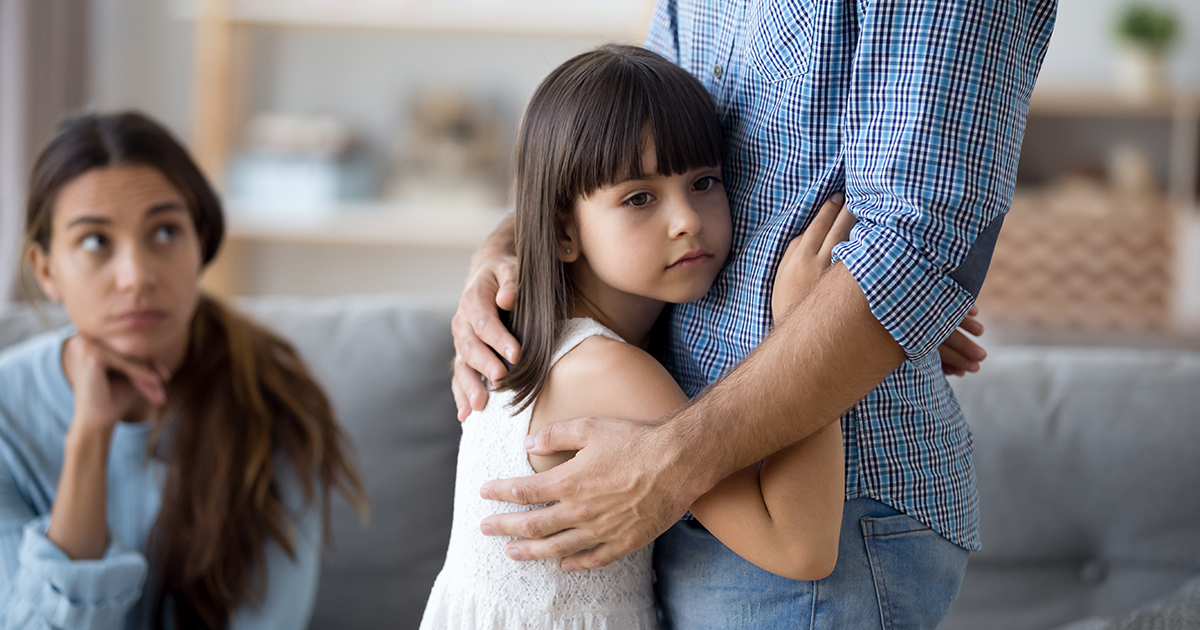 Remember, it is important to reassure them that everyone in the family will adjust to the changes and heal.
Remember, it is important to reassure them that everyone in the family will adjust to the changes and heal.
9. Invite their questions (but don’t pressure).
Some kids don’t want to talk right away. Others will have many questions. To the extent that you can, be honest and clear in your responses. If you don’t know the answer to a question, tell them that you’ll let them know when you figure things out. This conversation is just the first, and it will unfold in many ways over time. Let them know that they can always ask new questions when they arise. But be sure to keep them out of the legal and financial issues as you move toward divorce.
10. Give them time to adjust to the news.
It will take time for you and your children to adjust to this huge change, and while you may be confident in the future you envision for them, it will take some time for them to see that future play out. In the meantime, be emotionally present and reassuring. Modeling your own healing and recovery over time will help them adapt and heal too.
Modeling your own healing and recovery over time will help them adapt and heal too.
Adapted from various sources by Ann Buscho, Ph.D., a divorce coach and psychologist in San Rafael, CA.
For more information, read “What Should We Tell the Children?” by Joan Kelly, Ph.D.
© Ann Buscho, Ph.D. 2020
How to Tell Your Child You Are Splitting Up
Source: Dboybaker via Flickr
Children thrive on predictability. They feel more secure when they have dependable routines. That’s why parents should typically approach upcoming changes slowly, carefully, and with a plan, whether it’s a new caregiver, a new home, a new school, or a change in family structure.
Once you and your partner have decided to separate, how do you talk to your young child? What can you say and do to help them get through the process as healthy and resilient as possible?
1. Share the information soon. Young children are remarkably perceptive and will know something is going on. Secrecy can be more damaging than knowledge, because it leads to all kinds of worries, most of which are worse than the impending reality.
Secrecy can be more damaging than knowledge, because it leads to all kinds of worries, most of which are worse than the impending reality.
2. Talk as a family. When you decide you are separating, and have established a plan for moving forward with it, tell your child together with your partner, and include all your children together in the conversation.
3. Choose a good time. Don’t have the divorce discussion when one or more family members are tired, hungry, or needing to be somewhere soon. It may turn out to be a very short discussion—your child might not have any questions and just want to get on with playing—but be available in case they want to talk, shout, argue, cry, or snuggle.
4. Keep it simple. A young child doesn’t want to know about—and can’t understand—the complex reasons for the separation. In your first conversation about it, the simple facts are enough—where you’ll all be living, who’ll take them to school and pick them up, how often they’ll spend time with each parent, the fact they will still have two parents.
5. Emphasize your abiding love and protection. A young child’s biggest fear is that they’ll lose one or both of their parents. Reassure your child as many times as necessary that you will continue to love them forever, no matter what, and that you will keep them safe.
6. Be loving, calm, and confident. Don’t burden your little one with your anger, worries, or issues. They need you to be strong and confident in your assurances that everyone will be fine. Save the drama for your friends and therapist.
7. Be kind, caring, and respectful with—and about—the other parent. This will help your child feel safe in the world. No matter the problems you have with your partner, your child will be happier, healthier, and stronger if they feel they can count on you working together on their behalf.
8. Take ownership of the change. Be on the lookout for signs your child blames himself (most kids do). They might become excessively good and compliant, for example, or antagonistic and contrary. Reassure them that it is you and the other parent who needed to make the change and that it is not their fault.
Reassure them that it is you and the other parent who needed to make the change and that it is not their fault.
9. Wait and listen. Be alert, attentive, and available for the next several days, weeks, and months. Some young children are filled with immediate questions, and others take months to process the information.
10. Answer your child’s questions as honestly as possible. Don’t try to sweep their worries under the rug. Be sympathetic, patient, and as honest as you can.
11. Be patient with regression. Some common reactions to a change like this include fear, anger, temper tantrums, tears, clinginess, emotional instability, anxiety, whininess, and general irritability. Your child might have trouble getting to sleep, start bedwetting, or have nightmares that require your calm, reassuring presence.
12. Maintain the old routines and schedules. Consistent care and nurturing are more important than ever in any transition, including divorce. They reassure your child that the world is safe and predictable. Meals, outdoor play, bathtime, and bedtime routines are more important than ever now.
They reassure your child that the world is safe and predictable. Meals, outdoor play, bathtime, and bedtime routines are more important than ever now.
13. Tell their teacher or caregiver. Prepare the other adults in your child’s life for possible mood changes and questions. Ask them to be sensitive and understanding, but not to ask the child about it or mention it unless the child introduces the topic.
14. Be patient with your own emotions, and your partner’s. The more mature you and your partner can be during the process of separation, the better for your child. But this is a challenging time for most parents, emotionally, physically, and financially. If you or your partner is angry or upset in your child’s company, accept that, and apologize to your child, explaining that change is always difficult. Emphasize your confidence you will get through it, and that everyone will be fine, as well as your understanding that it won’t be easy.
15. Don’t drag it out. Once you have told your child it is happening, get on with the practical business of establishing new situations and routines.
Don’t drag it out. Once you have told your child it is happening, get on with the practical business of establishing new situations and routines.
Change is stressful, but it doesn’t have to be damaging. A child whose parents are confident, mature, loving, and trustworthy can make it through separation and divorce with better coping skills and strengths. This is a critically important time in your young child’s life, a time to rise to the responsibility of being a parent.
Further Reading
- Yes, You Can Raise Happy Children After a Divorce by Wendy Paris
- Should You Stay Together Only for the Kids? by Dona Matthews
Psychologist named the right way to tell a child about a divorce | Society news | Izvestiya
Both parents should set aside time to talk with their child about divorce and explain to him that what is happening is not his fault. Medsi Premium psychologist Ekaterina Kulagina told Izvestiya about this and other problems that may arise in the family and how to deal with them.
It is best if both mom and dad are present at the announcement of the changes that await the child after the divorce of the parents. If this is not possible, then the responsibility for the conversation should be taken by the parent whom the child trusts more, the specialist emphasizes. It is much worse when information comes to the child from third parties: grandmothers, friends, neighbors. In this case, the child does not have the opportunity to ask questions to the “original source”, which increases anxiety.
Special time should be allocated for the conversation, Kulagina emphasizes.
“Yes, it is difficult. But important life-determining things are not communicated "in between times" - this humiliates and devalues the child's experiences. For him, the world is collapsing in any case, and this must be treated with the utmost respect <...> What can I say? That adults sometimes can't live together for adult reasons. That this is only their adult question and the child is not to blame here and will not be able to influence the situation in the future, ”said the psychologist.
It is important for a child to convey that mom and dad will remain loving parents for him and will continue to communicate with him, despite the fact that the relationship between them will change. It is also necessary to show that parents are sorry to hurt the child, but they see no other solution, so they will try to compensate for what happened to the best of their ability.
“And of course, if there are several children in the family, it is advisable to conduct the initial conversation in the presence of all of them. But the following questions can be answered one by one. And it’s good if these questions are - this is a natural way for a child to cope with pain, ”explained Kulagina.
Sometimes divorce can still be avoided by contacting a specialist, she stressed. A person who deals with problems between spouses is a family psychologist. He knows how the human psyche works, what difficulties people overcome in their life path and understands the intricacies and nuances of relationships, the stages of family development, inevitable crises and ways to effectively resolve them, as well as the features of communication between people, types of attachment and intergenerational processes.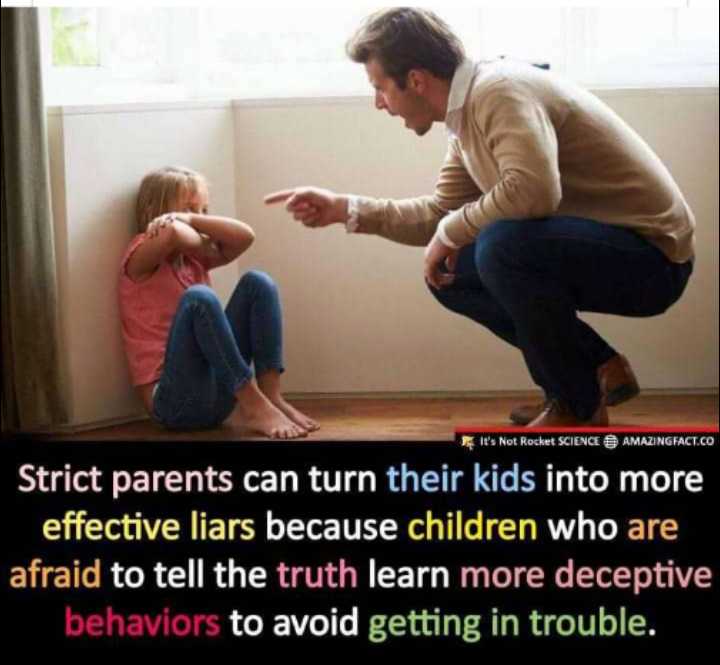
“A family is a place where a person should feel good. Accordingly, if a person cannot confidently say something similar about himself, if a person experiences discomfort of any kind in a marital or parent-child relationship, a family psychologist will help to understand what is happening, identify hidden processes and find ways to resolve contradictions, ”said the psychologist, adding that the sooner a person asks for help, the easier the contradictions can be eliminated.
Unexpected problems in a family can arise if all its members are “imprisoned” at home at once: parents have switched to remote work, and the child has switched to distance learning. To begin with, Kulagina recommends coming to terms with the fact that this happened and that not all family members are to blame for this. This approach will help not to disrupt the resulting irritation on loved ones.
In addition, the specialist advised to draw up a joint work schedule for everyone, which would take into account not only the mandatory "work-study", but also cooking, sleep and the possibility of relaxation for everyone on equal terms. You can then rank the overall list of tasks by importance.
You can then rank the overall list of tasks by importance.
At the same time, putting one's own employment in the first place and forcing the rest of the family to adapt will inevitably lead to scandals.
“From practical details: buy a set of ear plugs and headphones and actively use them for everyone; ordering ready-made meals more often to reduce “cooking for the whole family” time and free up space in the kitchen; pay for mobile Internet and, whenever possible, transfer work processes to a car, park or nearest cafe; be sure to plan time for “being alone” for everyone. And remember that this is not forever: the distance will pass, but loved ones will remain, ”advises the psychologist.
Sometimes the reasons for quarrels and scandals in a family can be the financial dependence of one of the partners on the other. This can be either a temporary phenomenon - for example, maternity leave, illness or a job search period - or permanent, when the partners initially agreed on mutually convenient financial interaction, and then "something went wrong" and one or both partners began to violate these agreements not for the benefit of the other.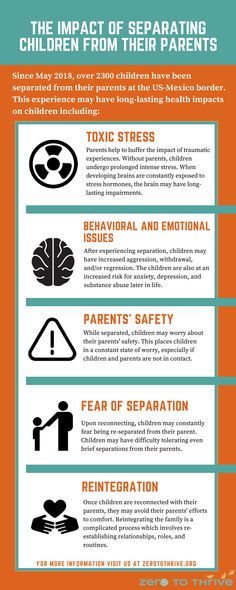
As a rule, in the first case, the addicted partner usually has resources for some other areas of jointness: leisure, emotions, social circle, experience and knowledge. In this case, it makes sense to identify the problem and revise the financial arrangements in the light of changed conditions.
In the second case, it is likely that the dominant partner fell into the temptation to “shut off” any other scarce areas at the expense of the financial sector: the desire for power, status, compensation for childhood injuries, Kulagina suggested. In such a situation, work is required on alternative ways of “closing” emotional deficits.
“And there is a third option, when initially there were no agreements at all, it just somehow happened by itself. Then we can certainly say that there was a period when the state of dependence was beneficial to the non-independent partner too. In this case, it would be worthwhile to deal with the background, secondary benefits and the prevailing stereotypes of interaction, ”the psychologist noted.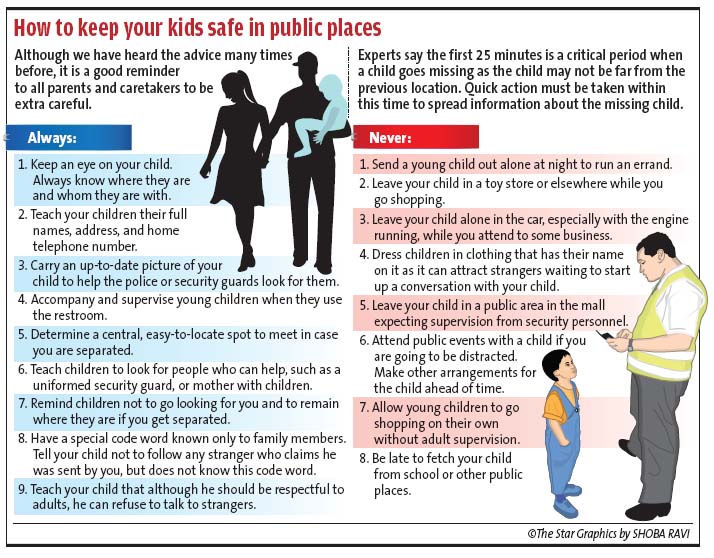
On May 25, the research holding Romir presented the results of a survey, according to which the surest way to deal with anxiety for Russians is to spend time with friends or relatives. 27% of the respondents eat sweet stress, and 22% of citizens take sedatives.
How to tell a child about a divorce?
- Tags:
- Expert advice
- 0-1 year
- 1-3 years
- 3-7 years
- 7-12 years
- teenager
Mom and dad decided to get a divorce... If before that everything was fine in the family and both parents took part in raising the child, then the news of the divorce will not only be a blow to him, but can also cause serious psychological trauma. To avoid this, parents must correctly explain to the child why they will no longer live together, and support him in this situation. How to do this, tell I am a parent.
How to build a conversation with a child?
A child should only be told about the separation of their parents when the final decision on divorce has been made (an application has been submitted), and not after an emotional quarrel. If divorce is not an intention or a reflection, but already an inevitability, the child must be informed about this, but try not to go into details, that is, give as much information as is necessary and sufficient. The older the child, the more explanation and discussion will be required.
If divorce is not an intention or a reflection, but already an inevitability, the child must be informed about this, but try not to go into details, that is, give as much information as is necessary and sufficient. The older the child, the more explanation and discussion will be required.
Children under three years of age, first of all, pay attention to emotions and intonations, while words are still in the background for him, so parents will need to make every effort to stabilize their internal state, otherwise anxiety will be transmitted to the child.
After three years the child already needs explanations. From three to six (at preschool age), the child tends to take the reason for the parents' divorce personally. It is very important in this situation to explain to the child that the relationship has changed only between mom and dad, but they still love him and he is not to blame for the breakup.
It is desirable for both parents to talk to the child at the same time.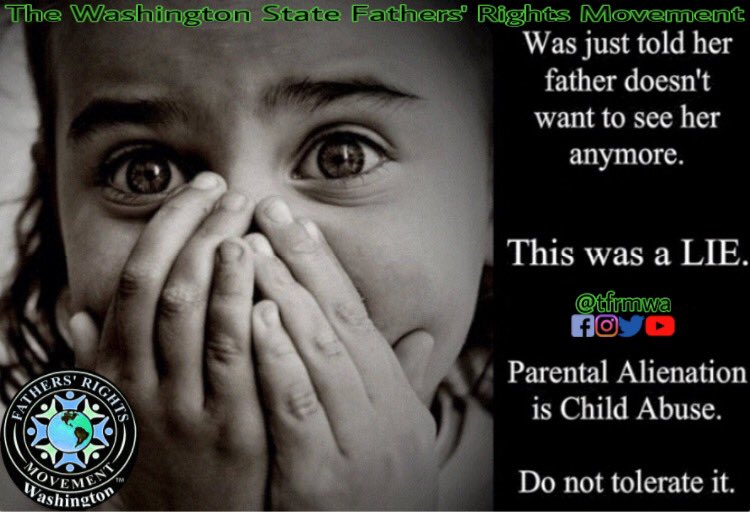 And it is better that the position of mom and dad is consistent. Even if there is no longer marital affection between you, you still remain a family, as you are forever connected by common children. A friendly and respectful atmosphere is a necessary foundation for your child's calmness and constructive "digestion" of this news.
And it is better that the position of mom and dad is consistent. Even if there is no longer marital affection between you, you still remain a family, as you are forever connected by common children. A friendly and respectful atmosphere is a necessary foundation for your child's calmness and constructive "digestion" of this news.
The most important preparation is the preparation for the conversation between yourself and your partner. The child reads the state of the parent primarily on the bodily and emotional levels. Thus, if you, going into a conversation, will worry about how the child will perceive the news, you will be nervous, fiddling with something in your hands, your voice will tremble, then the complex experiences of the child will intensify.
There is no need to talk too much about the breakup itself. Try to focus on the information that will calm the child: “Dad is leaving, but you will see him almost as often as before”, “Dad is leaving, but he will call you every day and talk to you for a long time.”
Think about what you can offer the child in the new environment, try to be truthful and talk about those obligations that you are sure of.
Psychologist Ekaterina Kadieva wrote very well and correctly about divorce and its impact on the child's psyche. According to her, there are rules that must be followed when telling a child about divorce. And here are some of them.
- Firstly, divorce in a family is a mutual, voluntary decision of both parents, no one is forcing anyone.
- Secondly, you need to explain to the child that the decision to divorce is final, and no one and nothing can change it.
- You should also explain to the child that he is absolutely not to blame for the fact that the parents are breaking up, and no actions of his can influence their decision. Often children think that it was they who caused the fact that mom no longer lives with dad.
The main mistakes of parents
1.
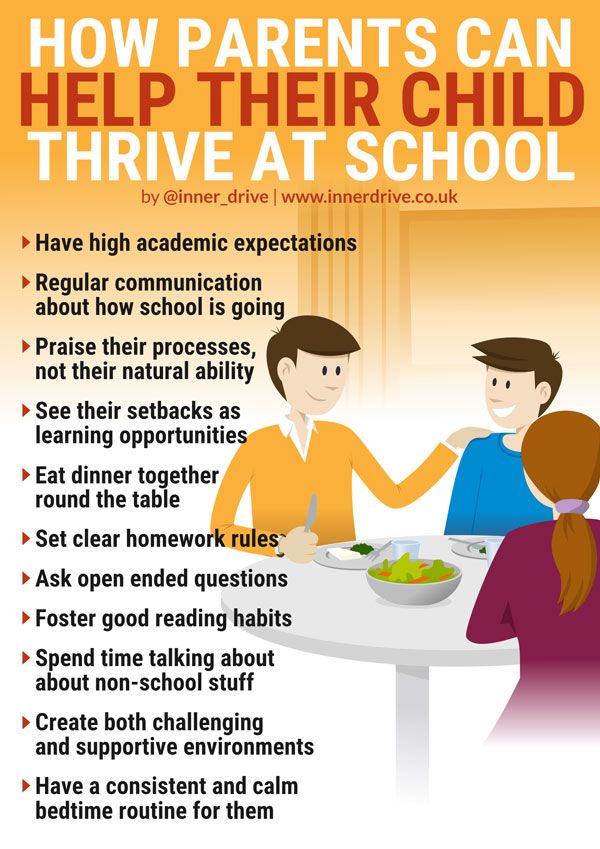 Pretend that nothing is happening, or hide the problem.
Pretend that nothing is happening, or hide the problem. The child will still see changes (in relationships, emotions, habitual mode). If a parent behaves as if nothing had happened or invents tales, such as "dad went on a long-term business trip", then the child may lose a basic sense of security, trust in the world and parents.
2. Go into details or speak too broadly/abstractly.
It is not necessary to discuss the details of the partnership and the "adult" reasons why you decided to break up. But at the same time, you should avoid vague phrases like “we are not suitable for each other.” Children need specific indicators of a problem that they understand. For example, “You noticed that we quarrel with dad very often.”
3. Insult a partner, swear during a conversation.
In a situation of divorce, one really wants to throw out resentment, blame the other half for all the sins. But the responsibility for divorce lies with both parents.
There is no need to denigrate mum/dad in the eyes of the child and arrange scenes with a showdown in his presence.Nothing but harm to the psyche of the child, it will not bring.
In addition, there may be a reverse effect: the negative attitude will be caused by the very parent who criticizes and blames his partner. Also, there is no need to compare the child with a partner in a negative context (“you are the same as your father / your mother!”), Because in this situation there is a message of splitting the child’s personality into male and female components, where one of them is a negative figure. As a result, the skills corresponding to this figure are lost: empathy, acceptance, tenderness, if the female figure is denied; decisiveness, progressiveness, achievements, if the male figure is denied.
4. Discuss the issue of divorce in the presence of third parties or spontaneously (on emotions).
The conversation should take place in an atmosphere that is comfortable for the child, face to face. Grandparents, close friends are not the best company for such conversations.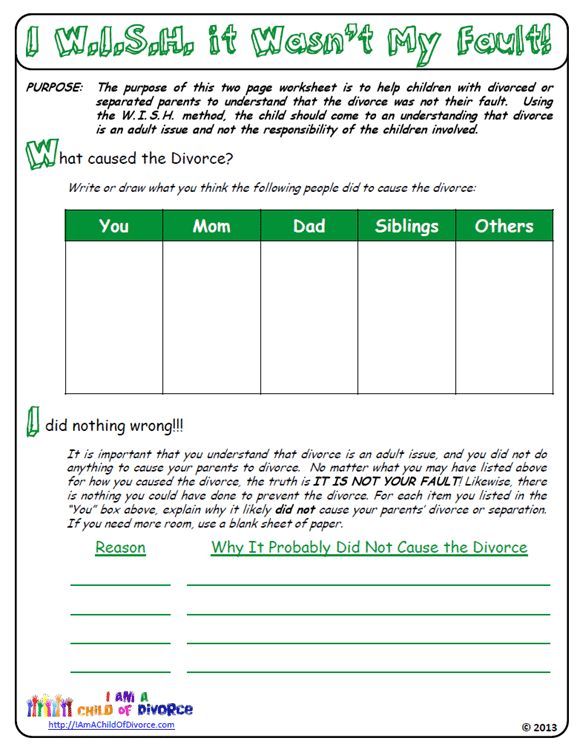 Ask the close circle to be tactful in this situation and not discuss the issue of the parents' divorce with the child (and even more so before the parents themselves do it).
Ask the close circle to be tactful in this situation and not discuss the issue of the parents' divorce with the child (and even more so before the parents themselves do it).
5. Leave a child alone with experiences.
Of course, the divorce of parents is a great stress for the child, so he should not be left out of sight for this period. You need to try to spend more time with your child - to communicate on various topics, to go somewhere together. But to do this unobtrusively, very delicately, rather observing, rather than pestering with questions. If the child does not ask questions, it is better not to raise the topic once again, but to wait until he himself becomes the initiator of the conversation. Just be there and be ready to answer questions.
And finally…
As a rule, after a divorce, a child stays with his mother, and it is very important that he does not lose his emotional connection with his father, then he will not feel abandoned and inferior. If the relationship between father and child has been successful before, then most likely you will not have to look for reasons to meet.
If the relationship between father and child has been successful before, then most likely you will not have to look for reasons to meet.
In the event that the father was not close to the child, the mother does not need to make this gap even larger. On the contrary, you need to try to focus on what still united the child and the father. What occupation caused mutually pleasant impressions? Maybe playing hockey or collecting city coins? Let the child continue to be carried away by what his father infected him with.
Another example: the husband valued work more than family relationships, which, in fact, became the cause of the discord. Try to turn this situation so that it becomes useful for the child. It is necessary to show your ex-husband that your common child needs to acquire such qualities as hard work, determination, endurance, and that your spouse is the best example of this and will be able to pass this on to him. Let the father teach this to the child, and then they will remain close.




